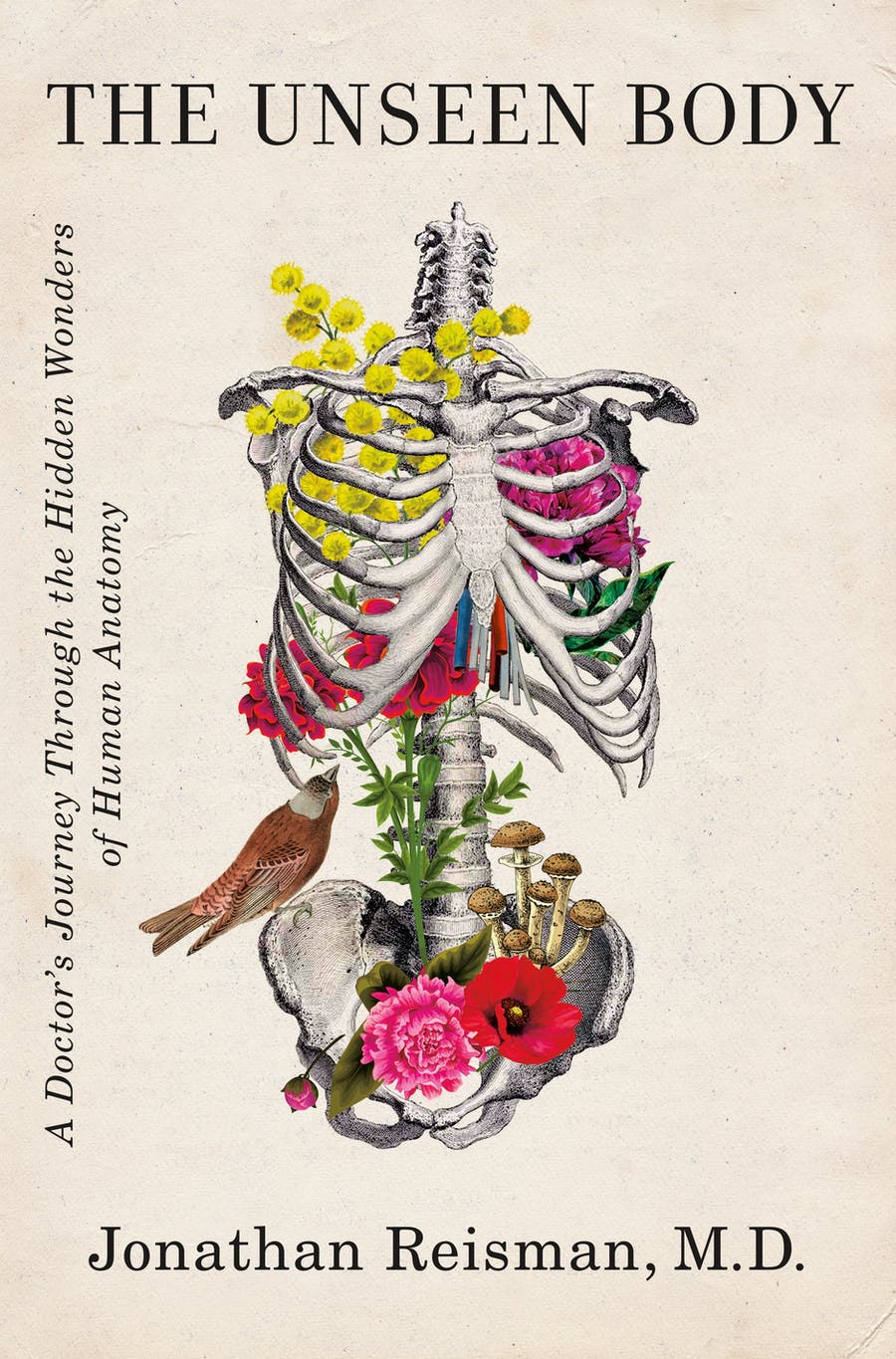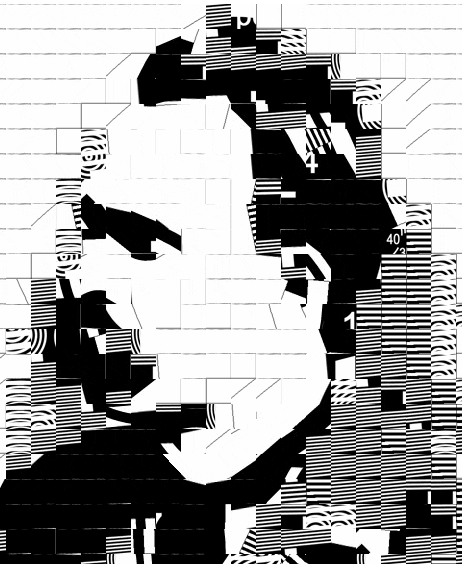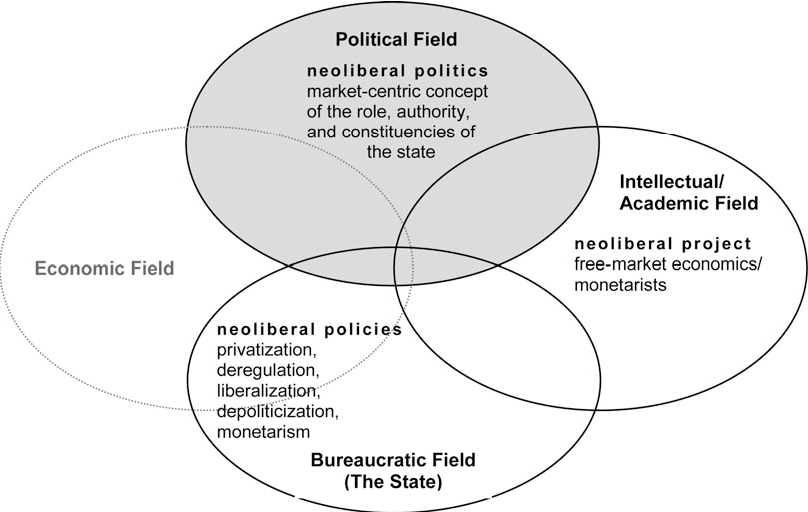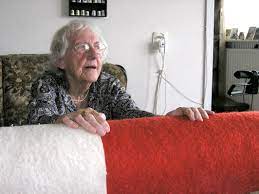Bodies and cartograpy
the body
process
Thoughts/ interesting about Bodies and Cartography
Cartographies- Tracing out complex systems. Comprehending conflicts, net-works, territories, borders and situations which were previously invisible. Sharing techniques and new technologies. Producing autonomous knowledge. Reimagining worlds.
Human Bodies- Not biological but spaces and territories . Bodies that are social. Bodies that are political. Bodies that are controlled, exploited. Think about bodies isolated, bodies infected. Bodies that suffer, bodies that protest, bodies that actively care, bodies that heal. Bodies that feel, sense. Bodies that age. Bodies that constantly change. Bodies that are stigmatised. Bodies supported, scaffolded. Bodies that extend outside of themselves.
- Sometimes it feels like us human beings are doing the opposite of what we were supposed to be doing which is not capitalism.
Think about the various universes that our bodies are intertwined with. In thinking about these worlds, we slowly map out the things and relations that our bodies are in networks with.
- Universe of being born in Western society, it allows me to study and go on an exchange abroad and make international friends from all over the world which broadens my network to globally.
- Universe of being a sick body, not moving at all and staying at home. At home I go to the kitchen, bathroom and lay in bed to provide my basic needs.
- Universe where I am free but also not free, but I choose it and I’m still privileged for being a
- ble to do this. But maybe in the sense of feeling captive by societies expectations towards me? So going to school to get a degree in something which will provide me money so that I can take care of my family (which I maybe don’t even feel like having??). Where do does expectations come from? Big institutions, which can be religions, companies – media for example,
First ideas
The body is sick and behaves in a way that is often not according to the needs of the body but through the rational brain. The body signals that it needs rest and care, but the brain thinking in responsibility keeps the body from resting. There are many things to be done, study work, errands, social activities. These expectations of self and others ultimately prevent it from getting the rest it needs and at the expense of the self.
Even though I’m privileged, I have expectations that control me in my freedom. And even if I would’ve been free my body still would be influenced by others, so what is it that my body really needs/wants?
Guadalupe Maravilla
Healing artist, made sculture by planting traditional plants, works with sound design to heal patients. Work on the right shows a traditional ritual from El Salvador. Healing plants are planted to show a path for people who are sick can walk on. (1) - Me as a transformation student I often choose to work on social projects and the theme of well-being often comes up almost everytime. I therefore find artists such as Guadalupe Maravilla interesting because they inspire me in different possibilities for alternatives to heal but also how to visualize it.
references
Looking into artist that work with health, care, wellbeing
The unseen body by Jonathan Reisman (2)
Book about special things about the body that you do not know in daily life, but this makes the body even more interesting and admirer. I believe that these kinds of books ensure that you can look at the body differently instead of a battery that needs to be charged every now and then and can go full again, but that it makes people realize how important the body is and caring for it. of it.

During my exchange I am currently working a lot on film and audio in Paris. I find sound interesting in this context (neglecting your body purely through expectations, fear of failure etc.) because of the saying 'listen to your body'. Because of course you listen with your ears and brain, but you listen to your body with the signal that your body sends to your brain and therefore you (sometimes) know what is going on. A lot of research has been done on the effect of sound and it has been proven that sound has an impact on how you feel tense, relaxed, happy or sad (3). Even when I'm tense or nervous I like to put on slow jazz music or meditation music. This helps me relax and feel more in the present. Being in the present also makes me more aware of the status of my body, the aches or tense muscles. By taking this moment, I did listen to my body. It seems interesting to me to combine this topic of health and sound with cartography.
soundscape of how I feel when I am trying to relax but still feel rushed
INZICHT EIGEN PRESTATIE DRUK
Dinsdag na mijn kleine emotionele breakdown voelde ik me opgelucht door wat Julie me vertelde. Door balans te vinden in mijn fysieke gezondheid maar ook op een organische manier te werk gaan voor het project P2. Het gaat tenslotte over gezondheid waar ik op dat moment niet eens bij stil stond bij mezelf. Hoe kan ik als ontwerper een persoonlijk project maken waarbij ik andere mensen vertel hoe ze beter naar hun lichaam moeten luisteren als ik zelf iemand ben die het tegenovergestelde doe. Puur weer om te presteren, pleasen van docenten, vrienden etc.. Het was ook een goed realisatie moment van dat ik best wel weer even wat rustiger aan mag doen, ik heb tenslotte de afgelopen week flink wat klappen moeten opvangen en mezelf daardoor wat sneller weggecijferd. Ik had dus zelf nog veel om te verwerken voordat ik weer de rol in ging nemen van pleasen. Thuis heb ik geprobeerd om het project los te laten en naar mijn lichaam te luisteren, waar heb ik nu behoefte aan? en als dat wel nu aan studie zitten is doe ik dat maar het moest niet volgens het rationele brein maar omdat ik weer inspiratie had gekregen door een referentie. Een interessante maar ook zorgelijke observatie die ik had was dat ik alleen maar bezig was met wat er van me wordt verwacht, dus hoe ik het ga inleveren, hoe ik het ga presenteren, welk research proces ik aanga inplaats van het op een natuurlijke manier deed. Ik maakte TO DO lijstjes met voorbeelden die Julie had opgenoemd en ik probeerde alles in mijn research te doen zodat Julie daardoor alles te zien kreeg wat ze van me verwachte maar hierdoor keek ik dus niet naar wat ik wil zeggen met het project of wat ik hier van wil leren.

CRITICAL THINKING AND WRITING NOTES NIETZSCHE ZIJN KWETSBAARHEID
Critical thinking and writing is een soort van geschiedenis in de literatuur maar doormiddel van te begrijpen uit wat door tijdperk ze kwamen en begrijpen hoe ze ‘klassiekers’ zijn geworden.
Who is Nietzsche?; Young professor who always wanted to fight. Most philosophers are invested in inventing new thoughts, Nietzsche has 0 interest he is just criticizes other things. Always needs to go up to something of someone. ‘I am my age but at the same time I don’t 100 percent belong to it’. – Nietzsche ziet wat voor corrupte en conservatieve dingen zijn in de wereld en bekritiseerd dit.
Keywords from texts is life. – onderwerpen waar we het nu voornamelijk over hebben tijden ciritcal thinking and writing gaat over het leven. Dit boek gaat nu over hoe de mensheid geschiedenis heeft gevormd en hoe dat ongezond is volgens Nietzsche, of tenminste hoe we ernaar kijken.
Nietzsche has different concept on life, and he was inspired by biology. Animal force, action – Hij zegt dus dat we meer op een natuurlijke manier moeten leven en dat dat volgens hem beter is.
Beyond good and evil – Goed boek van hem waarin die verteld dat de principes van goed en fout volgens de bijbel niet biologisch zijn.
He says he is also sick, he is still a bit naïf
The weapon of the brain could be a problem. – hier gaat het over doordat we onszelf associeren met de geschiedenis van toen het brein al zeggen dat het feitelijk is maar dit dus niet biologisch is want wat er in de geschiedenis is, is verleden tijd.
Happiness does not encodes fact – super interessant en sluit ook aan op project, want mensen kunnen feiten maken, zoals hoe laat iets begint, wanneer het ingeleverd moet worden etc. (wat dus relevant is voor project). Ook vind ik dat wat ik van Nietzsche heb gelezen en is dat doordat hij zich kwetsbaar opstelt (voor in dat tijdperk) dus openlijk praat over de gezondheid van de mens en waar hij zelf ook behoeft aan heeft dat dat hem sterk maakt als filosoof. (4)
NOTITIES MOVING IMAGE
Moving image is een film vak waarbij we op dit moment een opdracht hebben die ‘video diary’ heet. Het is open voor eigen interpretatie en daarom erg breed. Ik heb gekozen om het project ook bij dit vak te gebruiken omdat het een actueel onderwerp is in mijn leven en ook een sociaal maatschappelijk probleem is. De WHAT, WHY, HOW, WHO heb ik tijdens de les ingevuld en daarna hebben we het gezamenlijk nog over het onderwerp gehad.
WHAT
my sick body trying to get better in a society where I feel the pressure to please everyting and everyone around me. Having obligations eventhough I have to listen to natural instinct which is healing and resting. Questining why I don't listen to this instinct and also why it's not taken seriously
WHY
I have been ill for 2 weeks but because I feel the pressure of school, social gatherings I force myself to go to these obligations and not rest when I should be doing this (in order to recover faster). I think this is really a social social problem, that we don't listen to our bodies and place the expectations of the outside world above the natural. I think this is an important topic because I want people to think more about what is best for them.
HOW
I want to make the video with my phone because it is closest to my body, but also because I feel social pressure through my phone (mail, social media etc.).I also want to implement sound in it as a kind of metaphor - listening to your body
WHO
My sick body, who is in the middle of this struggle and also feels this mentally
INPUT CLASS
- Reminds me of art therapy
- Makes me think of the burn out generation that we live in – ‘I want to die but I want to live’.
- Part of neolibarism, capitalism
- White supremacy is not only for white folks but is an way of living, working that people from all over the world do
RESEARCH ON SOUNDSCAPING/ SOUND CARTOGRAPY/ SOUND ARTIST
Since the mid-90s, the soundscape tool has also been used in cartography. They are mainly (taken from my research because I didn't find many others) used to date the sounds of a specific place. You have an interesting website ( Sound Cartography – A selection of sound maps over the world (wordpress.com)) with a lot of database of different variants of sound cartography on locations. You can then, for example, listen to memories of people in cities and thereby also demonstrate the problem of sound pollution (which is also a study I often stumbled upon).
I'm especially interested in looking at how I can create a feeling in someone's body with abstract soundscapes that makes them relax faster and in that way listen to their body (what its needs are). I just didn't find this much, but what effect noise can have on health. Various studies have shown that a poor sound environment can cause more stress and people therefore perform less well. () That is why I am curious about which sounds provide relaxation so that you can take the time and rest to listen well to the body!
2 recordings from het Kralingse Bos from when I went to visit NL a few weeks ago, one is from a water stream and the other from birds chirping in the woods
3rd one recording of soundscape helping to relax
It is proven that the sound of nature reminds us of being in nature so it relaxes us because we know we don't need much.()
'The intervals between notes produce a sense of relief, and unsystematic chimes prompt deeper relaxation. Finally, low sounds and hums reminiscent of Buddhist chants put you in a trance-like state.'()
Modern Man: An Animal Socially Deprived of the Right to Become Sick is a paper written by Richard Meckien who has researched why we ignore physical health within this society and how that it can leave us with long term effects. Here some quoter that I highlighted that are interesting for my research:
Among the vast repertoire of animal manifestations, "sick behavior" - as it is called among specialists - is the demonstration of discouragement, prostration, lack of appetite and the will to do nothing. These are clear signs that animals emit when they do not want social contact because they are sick. "It is the way to give the body time to recover and even preserve the social group from getting sick
If in modern societies becoming ill becomes prohibitive, the counterpoint to "camouflage" disease is the increasingly common use of medicines. "Expressing unhealthy behavior would incur absences at work and therefore we are encouraged to take medication, often self-medication, in order to maintain the expected work day. Associated with this is the fact that the most prescribed and consumed classes of drugs in modern societies are precisely the palliative medicines for pains, colds and allergies, for example," he says
what we are trying to discuss is the fact that the individual takes medication to force themselves to continue working," he says.
In addition, there are long-term emotional changes that seem to be associated with the fact that the person does not stop when they need to. "Not giving yourself this time can generate disorders, including psychological ones," says the pathologist.
"Some people do not demonstrate unhealthy behavior simply because they are more resilient, or because the hierarchical position in a company prevents it. They may not want to show vulnerability. Others do not express unhealthy behavior because they can not lose their jobs," he says.
‘industrial society is pushing the individual’
Decolonization as care by Uzma Z. Rizvi
Uzma Z Rizvi is an anthropological archaeologist specializing who specializes in the archaeology of the first cities. She teaches anthropology, ancient urbanism, new materialisms, critical heritage studies, memory and war/trauma studies, decolonization/the postcolonial critique, and social practice at universities. Her own work intentionally interweaves archaeology with cultural criticism, philosophy, critical theory, art, and design. I have highlighted some interesting quotes from her paper that are usefull for my research!
The moment and place of knowing requires a certain slowness to enter into our thoughts, movements, and research, allowing for nuance and precision, for care and humility, and for an aesthetic of difference to incubate our praxis. Once we allow our work to breathe, to reflect, to sense difference, it transforms structures around it or structures created through it.1
Intersectionality allows us to occupy that praxis and standpoint critically.2 It takes into account systems of oppression within the world that hold marginalized people in place (often at an inferior position) in multiple ways.
It is important to understand that recognizing systems of power and one’s place in them is a tool that can be utilized. These systems have an impact on our bodies and identities and continue to affect our work
in each context there may be differences to take into account. And it allows for care to be an intrinsic part of the recognition of difference
In order to re-conceptualize any practice, the first moments of recognition have to do with recognizing oneself as radically other, not of this system, not of the normalized way of being.
If culture is fluid and changing, then it can be changed. And change can be quite simple
Often we feel trapped in one system, and we feel the system is so much larger than we are; but we are the ones who are keeping that system going. So once you recognize the inequity, and trace how your own body is being disciplined and kept in a certain place, you can begin to think through how you might design intervention, as a creator of cultural material.
The reclaiming of a self that is mired in a late capitalist lifestyle is one that requires thoughtfulness, a sense of selfcare, and a commitment to time as something to give, not to spend

What is Neoliberalism?
During the moving image class this term came up in a negative way while I myself never interpreted it in a very negative way. Things like ; 'We have become the burn out generation because of this' or 'YOU are the one who is now responsible for your work and you can therefore not count on others'. I really liked this so I started researching what negative effects Neoliberalism has on us and how this also has to do with the fact that we can't listen to our bodies.

Neoliberalism can reduce well-being by promoting a sense of social disconnection, competition, and loneliness by Julia C. Becker, Lea Hartwich and S. Alexander Haslam. (13)
Highlighted important points that the paper is mentioning;
This is because it places the responsibility for success on people’s own shoulders and, in the process, weakens broader solidarities that might otherwise buffer them against failure (Adams et al., 2019; Teo, 2018).
his in turn has been linked to reduced well-being associated with feelings of insecurity, anxiety, stress, and depression (e.g., Sennett, 1998). For example, research has shown that a neoliberal conception of personal debt as failure is associated with increased anxiety, depression, and blood pressure (Sweet, 2018).
we found that it actually appears be harmful to health because it can create a sense of being disconnected from others, as well as being in competition with them, in ways that feed feelings of loneliness and social isolation.
Your body is talking, are you listening? Is an article by Neha Sangwan M.D. who has worked at the hospital for years. (14) She worked long hours but also wanted to do it for the team, even if this was often at the expense of herself. Because of the hard work and ignoring her body, she often suffered from physical pains and this also became something that she suffered mentally later on. She said yes to the team but no to herself. By choosing for herself again and also communicating about this with her team, it is a win-win situation for her. I think this kind of behavior stems from the fear of failure created by neoliberalism.
What has become clear to me from this research and the subject I want to talk about is that the fear of failure or feeling pressure from society (ie work, family, friends, etc.) is not necessarily something that is up to you. Of course you may be more sensitive to it but I think it has to do with a much larger structure namely the neoliberalist society that we find ourselves in. I'm certainly not against it, but I think it's important as we start living more and more in this way that attention should become a priority within ourselves. Due to the work/study pressure that we can experience as a result, it can be at the expense of both our mental and physical health. That is why it is important to continue to listen carefully to the body and to take the time for this. What do I need now? where do I hurt or feel tense? Do I have to and should I rest for a while? I want to use a soundscape cartography to make a map where you can hear sounds that are connected to a feeling, peace or more chaotic just to observe what it does to the body but also whether you can listen better to your body because you get a little more clarity.
The woolen sound pill by Ricardo Huisman
The woolen sound pill is a soundpiece in a shape of a pill. When the pill is touched, sounds of trains, horses, cars, day out in the park etc. are played. With the artwork Huisman went to a home for the elderly to talk to the elderly about what they thought of the sounds and what they should think about when she heard it. The pill triggered memories of the past in people and that is how conversations about life started. I think this is a beautiful and interesting way to do something medical with art by occasionally giving back to the novice demented a memory of their past.

In Smashing, performance and sculpture artist Jimmie Durham smashes everything that ends up on his desk for an hour. I saw this video while I was at the Modern Art Museum in Paris and it immediately reminded me of the fear we have as an employee/student of being rejected by your boss or failing. You put that person on a pedlestone so that you can sometimes ignore yourself. In Smashing, Durhem is dressed as a civilian administrator and smashes everything people bring him. The artist reveals by this repetitive gestures the brutality of the administration and the forms of power in the Western society.
(12)